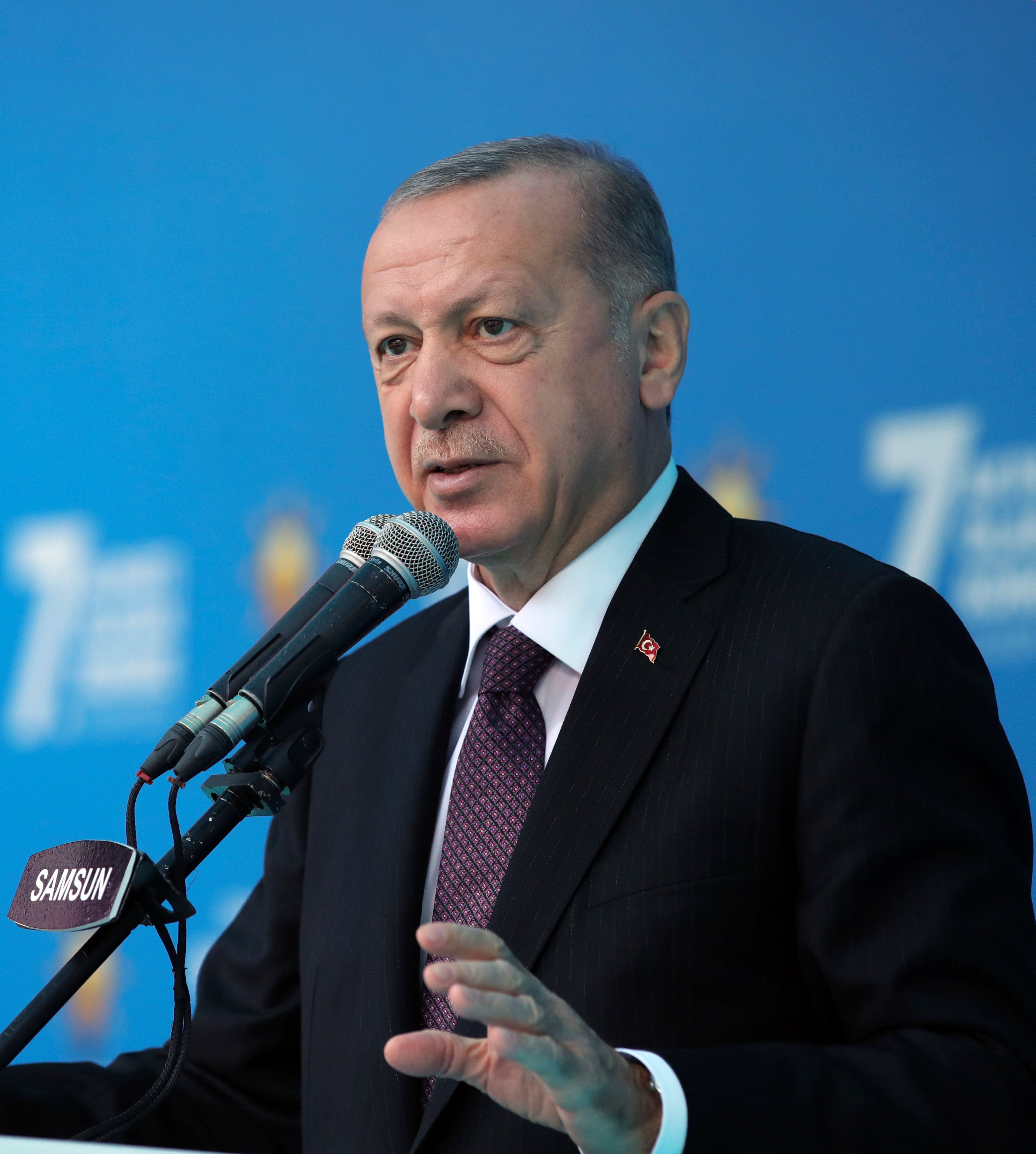Turkey fines social media giants for breaching online law
Turkey has issued fines against global social media companies for failing to appoint a representative to ensure they conform to Turkish law

Your support helps us to tell the story
From reproductive rights to climate change to Big Tech, The Independent is on the ground when the story is developing. Whether it's investigating the financials of Elon Musk's pro-Trump PAC or producing our latest documentary, 'The A Word', which shines a light on the American women fighting for reproductive rights, we know how important it is to parse out the facts from the messaging.
At such a critical moment in US history, we need reporters on the ground. Your donation allows us to keep sending journalists to speak to both sides of the story.
The Independent is trusted by Americans across the entire political spectrum. And unlike many other quality news outlets, we choose not to lock Americans out of our reporting and analysis with paywalls. We believe quality journalism should be available to everyone, paid for by those who can afford it.
Your support makes all the difference.Turkey has issued fines against global social media companies for failing to appoint a representative to ensure they conform to Turkish law, a senior official said Wednesday.
Omer Fatih Sayan, chairman of the Information and Communication Technologies Authority, said Facebook, Instagram, Twitter Periscope, YouTube and TikTok would be fined 10 million lira ($1.2 million) each.
The fines are the first step on an escalating scale of penalties that can end in a block on 90% of the site’s internet traffic bandwidth.
Social media firms with more than 1 million daily users in Turkey had been due to notify the government that they would establish a representative in the country by Monday.
The fine is the first of five stages to penalise companies that do not comply with the law, which came into force on Oct. 1.
“I have complete faith that social network providers will make representative notices to our country as the legal process progresses,” tweeted Sayan, who is also Turkey’s deputy transport and infrastructure minister. “Our aim is not to be in conflict with these providers serving billions of people around the world.”
The legislation was passed in July, less than a month after President Recep Tayyip Erdogan called for social media sites to be “cleaned up” after his daughter and son-in-law were insulted on Twitter following the birth of their fourth child.
It requires platforms to appoint a representative accountable to Turkish courts, abide by orders to remove “offensive” content within 48 hours and store user data inside Turkey.
Critics say the law is a government bid to control the online sphere. Some 90% of newspapers and TV news channels are controlled by the government or its supporters.
Turkey has previously blocked sites including YouTube, Twitter and Wikipedia over what it claimed was offensive content.